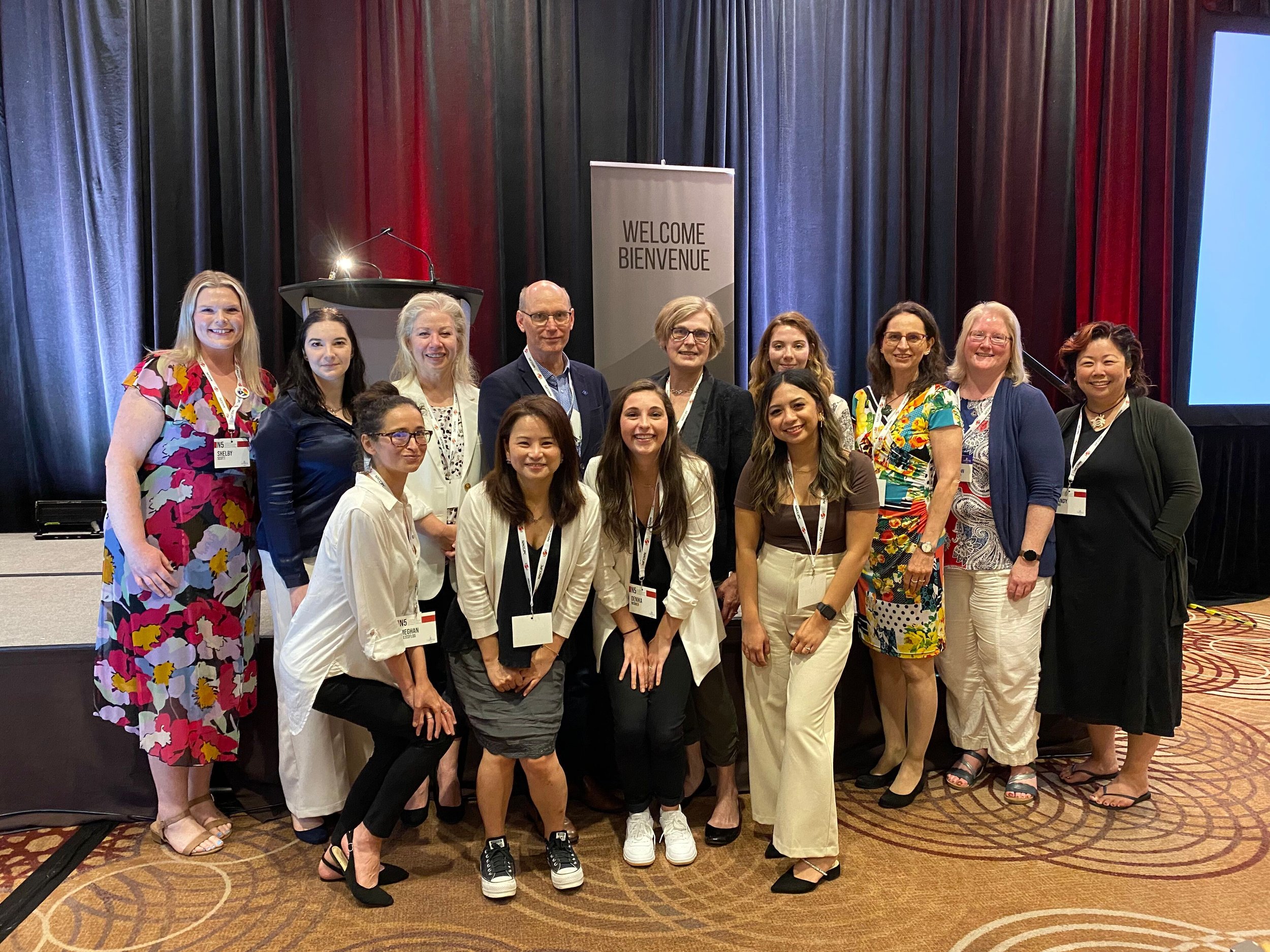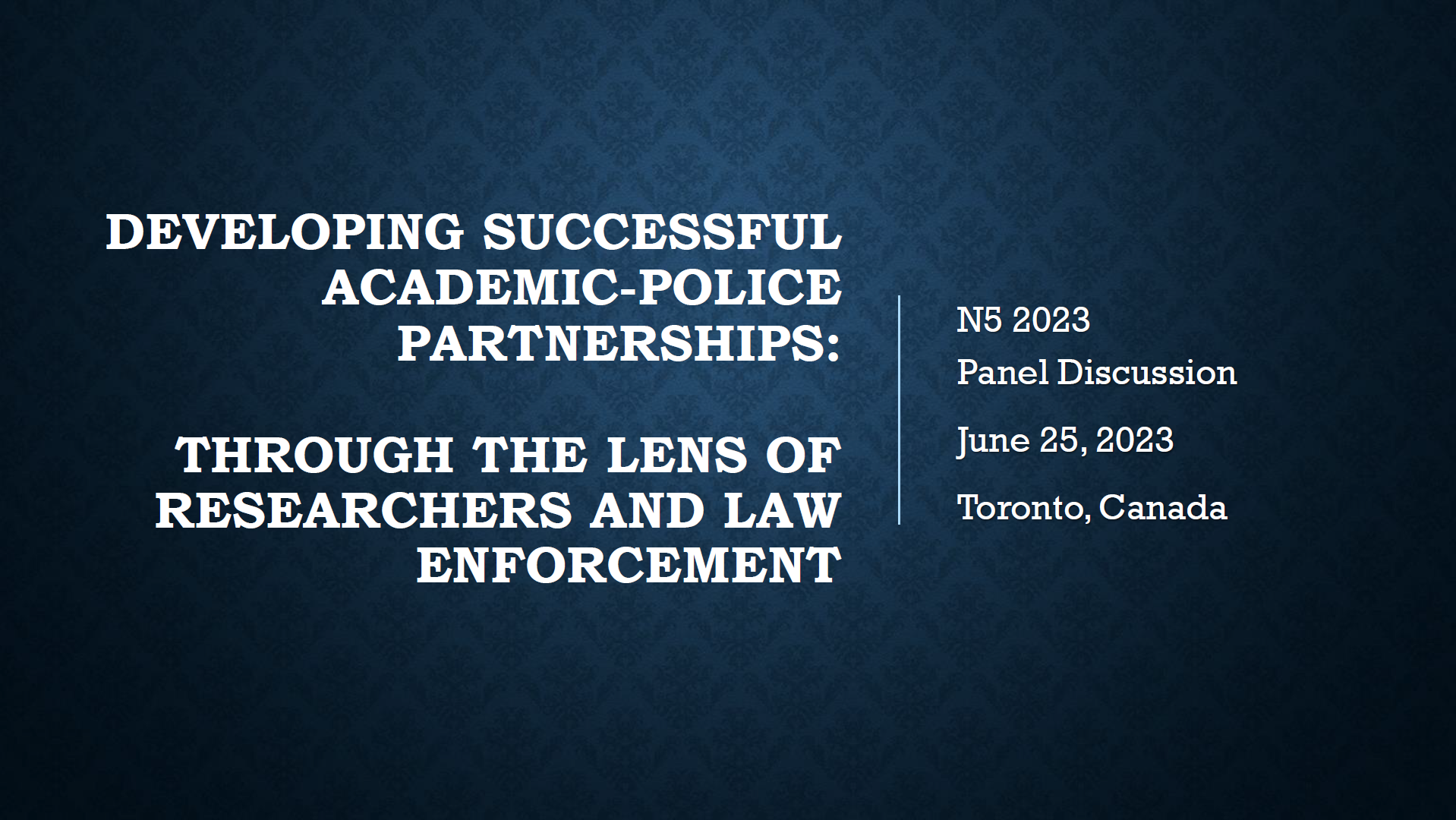
Our Research
Coercive control in police reports of intimate partner violence: Conceptual definition and association with recidivism
Read more here:
Psychology of Violence, December 2022, American Psychological Association (APA) https://doi.org/10.1037/vio0000457
Coercive control predicts more severe domestic violence
This is the first paper from researchers working together on research to develop "Common Language for IPV Risk Appraisal, an Evidence-Based Policing Approach project" -- look out for more research from the CELIA team!
This study showed that coercive control is a distinct set of behaviors and attitudes that can be documented by police. Also, coercive control is important in assessing the risk of future physical violence.
Police reports can provide reliable measures of coercive control
We assessed fictional IPV police assessments and victim interviews for coercive and controlling behaviour using adapted versions of the Checklist for Controlling Behavoir (CCB) and the Coercive Bahaviour Scale-Revised (CBS-R). Interrater agreement (IRA) showed good results, however subjectivity in assigning behaviours to a specific category likely contributed to lower IRA in some cases. As examples of coercive and controlling behaviours were not exhaustive, raters assigned some behaviours to the category they felt fit best. To eliminate subjectivity, scale items should be combined into a checklist for future research exploring the association of specific coercive and controlling behaviourswith IPV risk.
Developing successful academic police partnerships: through the lens of researchers and law enforcement
This panel explored caveats and challenges academic researchers and police personnel navigate when developing effective, impactful, mutually beneficial, and sustainable research. Law enforcement is increasingly engaging in collaborative research and knowledge generation to enhance evidence-based policing. Academic programs and research hubs benefit from access to law enforcement related data. The literature has many examples of successful research collaborations. However, there can be challenges to developing these partnerships, for example: identifying shared research priorities; working with both the academic and police organizational processes necessary for accessing data; aligning goals and communication expectations; and collaborating on knowledge mobilization that accurately translates research findings into applied practice, uses optimal methods for knowledge dissemination, and includes the co-production of materials and reports. This panel discussion included psychology researchers and police personnel with diverse experience and perspectives. The goal of this panel was to help prepare those interested in pursuing such collaborations and is relevant to students, early career researchers and established researchers. This critical discussion was facilitated by the moderator via key questions posed to panel members with a well-grounded familiarity with establishing partnerships.

Back row: Shelby Scott, Mirna Batinic, Angela Eke, Karl Hanson, Elke Ham, Madison Wesenberg, Zoe Hilton, Mary Ann Campbell, Sandy Jung. Front row: Meghan Weissflog, Soyeon Kim, Danika Widmer, Chella Mae Robles



